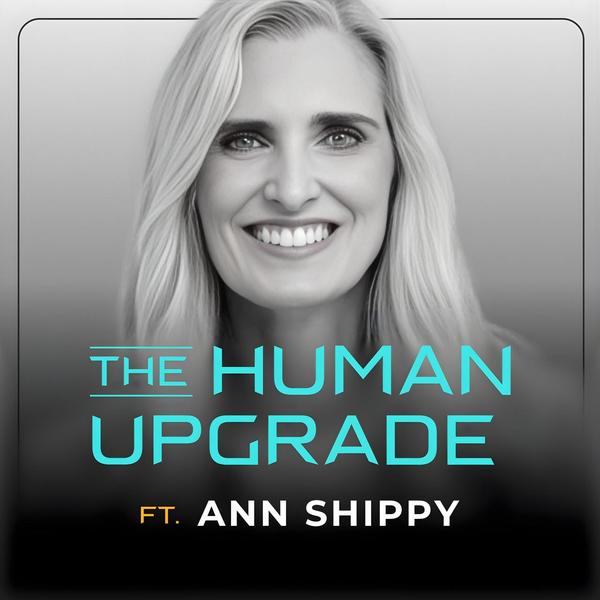Optimizing muscle protein synthesis: the crucial impact of protein quality and quantity, and the key role of resistance training | Luc van Loon, Ph.D.
Peter Attia
Apr 22, 2024
Mindsip insights from this episode:
Combat age-related muscle loss by staying active consistently
Age-related muscle loss is not a slow decline but the result of short periods of inactivity from which an individual never fully recovers their muscle mass.
Combat anabolic resistance with consistent physical activity
A young person's leg shows 35% anabolic resistance after just one week of inactivity, suggesting physical activity is the primary driver of the muscle's ability to use protein.
Refresh your muscle proteins every 50 to 100 days for a new arm
Your muscle proteins are completely refurbished every 50 to 100 days, meaning you essentially have a new arm in that time frame.
Recognize inactive muscles store fat during exercise
During exercise, inactive muscles will actually increase their fat stores as they opportunistically take up the excess free fatty acids circulating in the blood.
Understand athlete's paradox: turnover distinguishes fat storage
The key difference between the high intramuscular fat in athletes and diabetics is turnover; athletes constantly use and replenish this fat store, while in diabetics it's a permanent storage.
Fuel muscle growth with a pre-sleep protein snack
The gut effectively digests and absorbs protein during sleep, allowing a pre-sleep protein snack to stimulate muscle protein synthesis overnight.
Reassess collagen's role in muscle connective tissue synthesis
Ingesting collagen protein does not appear to increase muscle connective tissue synthesis rates beyond what exercise and regular dairy protein already provide.
Refresh your brain every three weeks with protein turnover
The protein turnover rate of the human brain is almost three times as high as muscle, which can be translated to having a new brain approximately every three weeks.
Mince meat to enhance muscle protein synthesis
Ingesting minced meat leads to more rapid digestion and a greater muscle protein synthesis response compared to eating the same amount of meat as a whole steak.
More from
Peter Attia
AMA #78: Longevity interventions, exercise, diagnostic screening, and managing high apoB, hypertension, metabolic health, and more
Ketogenic diet, ketosis & hyperbaric oxygen: metabolic therapies for weight loss, cognition, Alzheimer's & more | Dom D'Agostino, Ph.D.
The evolutionary biology of testosterone: how it shapes male development and sex-based behavioral differences, | Carole Hooven, Ph.D.
The impact of gratitude, serving others, embracing mortality, and living intentionally | Walter Green (#288 rebroadcast)
Thyroid function and hypothyroidism: why current diagnosis and treatment fall short for many, and how new approaches are transforming care | Antonio Bianco, M.D., Ph.D.
You also might be interested in
Dr. Casey Means: Eat like THIS to reduce your Risk of Metabolic Disease!
Biohacking Fertility for Men and Women at Any Age
Improve Energy & Longevity by Optimizing Mitochondria | Dr. Martin Picard
Dr. Casey Means: Stop Ignoring Your Health — Do These 5 Free Tests!
The Untold Science Of Vibration Therapy & The “BioDrive” Breakthrough That Regulates Your Mind and Body, With Dr. Mike North















